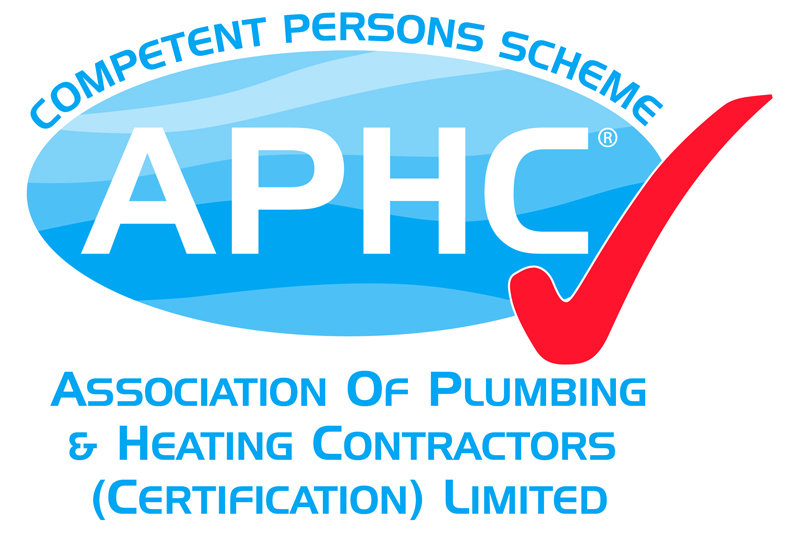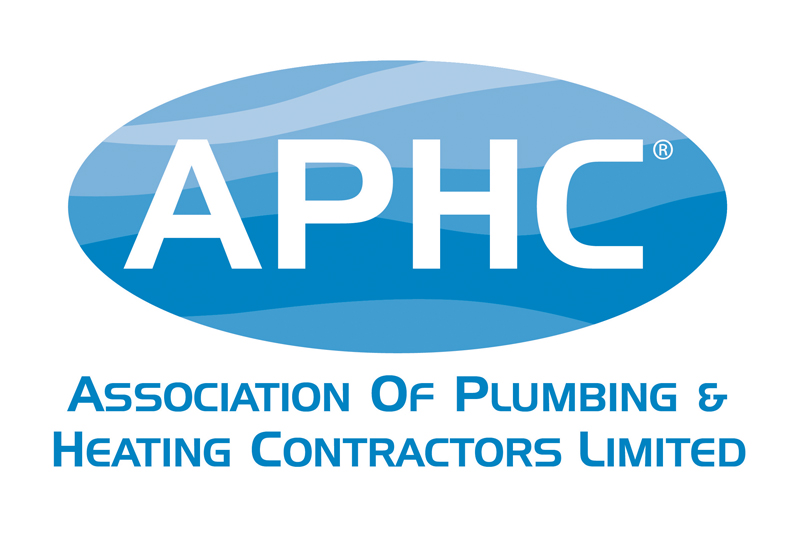
Following APHC’s latest set of workshops in April, PHPI asked Graeme Dryden, Technical Services Manager, to provide an overview of the requirement for installers to comply with Building Regulations and how Competent Person Schemes can support in this.
Building Regulations 2010 (as amended) for England and Wales are minimum standards for the design, construction and alteration to virtually every building and are developed by the Government and approved by Parliament. They are designed to ensure buildings are safe, structurally sound, and water and energy efficient.
How do you comply with Building Regulations?
Many plumbing and heating works in a property fall under the definition of a ‘controlled service or fitting’ and so, need to be notified as being compliant with Building Regulations by a Building Control Body – either a Local Authority Building Control or a private sector Approved Inspector. Direct notification and subsequent inspection can be costly, so the alternative is for an installer to belong to a Competent Persons Scheme and self-notify installation work.
A business certified by a Competent Persons Scheme can prove they are competent to carry out design, installation and commissioning of appliances and systems within the scope of their certification. Their business management systems and on-site installations are assessed by the Certification Scheme Operator to ensure they work compliantly. This certification then allows them to self-certify, ensuring that the work has been undertaken in compliance with Building Regulations. Their Competent Person Scheme Operator, such as APHC (Certification), can issue a compliance certificate, the detail of which is lodged with Local Building Control.
A completion certificate is proof that the installation meets the requirements laid down in the Building Regulations and is therefore legally safe. Buyers, solicitors, banks and building societies may need to see the completion certificate before the property owner can sell or lease a property. Additionally, without the relevant completion certificates, building insurance may be invalidated.
Competent Person Schemes have the added advantage of insurance-backed warranties and complaints procedures, so if there’s a problem the property owner has an independent party to help resolve any issues.
For plumbing and heating contractors who regularly carry out installation work, Competent Person Schemes are generally the most cost efficient way of ensuring that work complies with Building Regulations. If a property owner doesn’t use a plumbing and heating installer registered with a Competent Person Scheme, they will have to obtain Building Control approval, which can cost considerably more.
What areas of work fall under Building Regulations?
Broadly speaking, some examples of the types of plumbing and heating work requiring Local Authority notification include:
*Installation of gas, oil and solid fuel appliances
*Installation or replacement of hot water and heating systems
*Electrical installation work in domestic properties
*Installation of plumbing and water supply systems and bathrooms and sanitaryware
*Installation of microgeneration and renewable technologies
What if you do not comply with Building Regulations?
Relevant work must comply with the Building Regulations and be notified within 30 days of the work being completed. Non-notification of relevant work is deemed to be a contravention of Building Regulations.
The relevant Local Authority has a general duty to enforce Building Regulations and if a person carrying out work contravenes the Building Regulations, the local authority may prosecute them in the Magistrates’ Court where an unlimited fine may be imposed. Prosecution is possible up to two years after the completion of the offending work. This action will usually be taken against the person carrying out the work, although the legal responsibility ultimately rests with the property owner.
If the work has not been notified to a Building Control Body or carried out by a Competent Person Scheme registered installer, the Local Authority will have no record that the work complies with Building Regulations, which will be vital for the property owner when they come to sell the property as they may be asked to provide completion certificates. If the property owner can’t provide a completion certificate, the purchase of an indemnity insurance policy is often requested by the buyers’ conveyancing solicitors. This indemnity insurance policy is designed to protect the new homeowner against legal action if the Local Authority serves a building regulation enforcement notice.
What work is exempt from Building Regulations?
As a plumbing and heating contractor there are certain works which are exempt from Building Regulations approval. These include most repairs, replacements and maintenance work and like-for-like replacements of baths, toilets, basins or sinks.
www.gov.uk/guidance/competent-person-scheme-current-schemes-and-how-schemes-are-authorised













